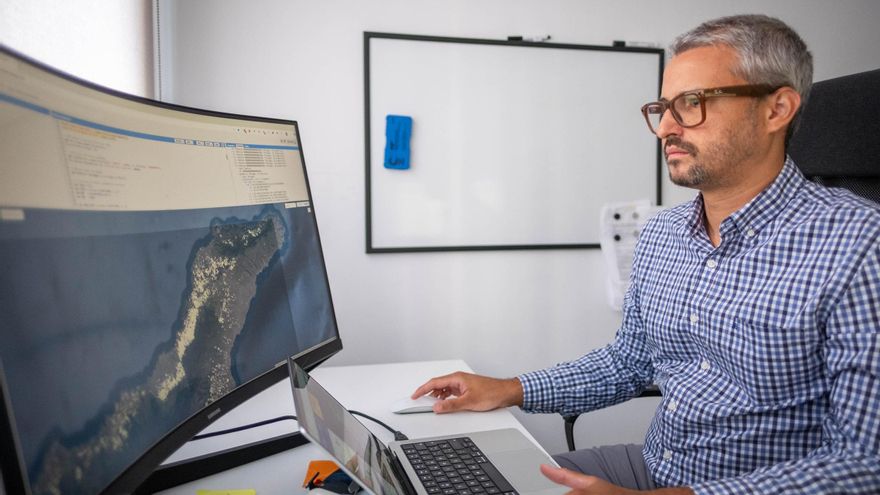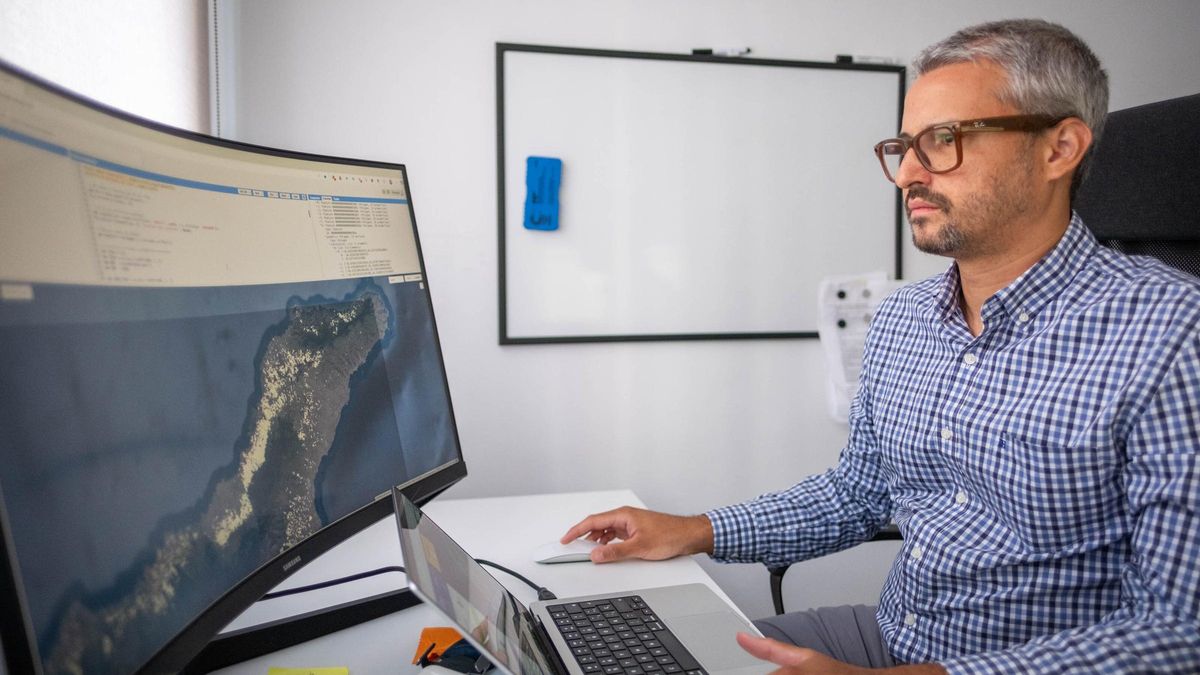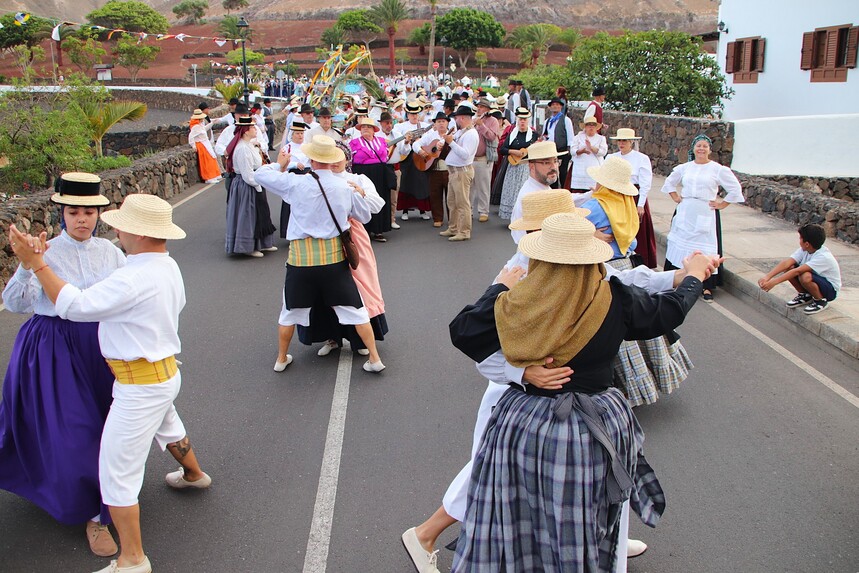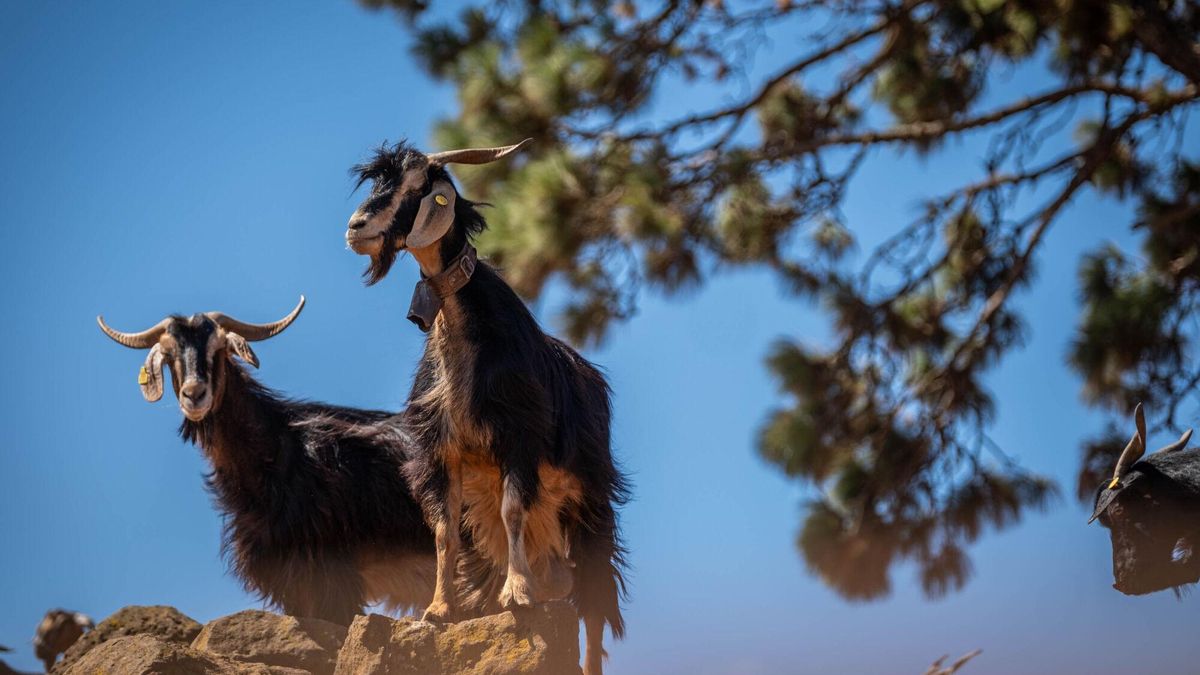David Rivas Vergara Launches Filoxera.es to Combat Vine Pests in Tenerife

David Rivas Vergara (Caracas, Venezuela, 1991) has launched the digital platform filoxera.es, which is highly relevant due to the recent identification of a vine pest threat in Tenerife –marking a significant milestone for the island. Combining his academic training as an agricultural technician from the Escuela de Capacitación de Tacoronte, where a new outbreak of this insect has emerged, with years of professional experience in digital technologies and online marketing, Rivas aims to provide critical support to local farmers.
Despite his rural roots, Rivas identifies as an urbanite. Recently, he had the “luck and agility” to acquire the domain filoxera.es, which was surprisingly available.
Educational Background
“My formal training is as a senior technician in viticulture, even if I haven’t worked in the sector recently.” After completing his studies, he immersed himself in the internet sphere, focusing particularly on digitisation in advertising, e-commerce, and technology, while embracing a predominantly self-taught approach.
Respect for Rural Expertise
Rivas expresses deep respect for rural experts in Tenerife, especially local farmers, whom he hopes to assist through his platform in confronting the serious threat posed by the vine pest: “What I’ve done is simply gather all available information and make it accessible.”
He emphasises: “My training primarily helped me identify a problem that needs to be tackled as soon as possible, based on its historical consequences.”
Rivas believes the real value of the application lies in how it organises information using clear, accessible language. He recalls, “We studied the phylloxera extensively at a theoretical level and recognised the positive implications for Canary wines had the pest never invaded.”
At the age of 19 or 20—he is now 34—Rivas made a pivotal decision: “I did my internship and enjoyed the experience, but I was more drawn to the internet and chose to pursue that professionally.”
An Informative Portal
David hails from a family of Canary Island emigrants. His grandparents originated from the islands, and his parents, David and Katy, returned to Tenerife. He spent his childhood, adolescence, and part of his youth in his native Venezuela, yet he does not bear the accent as his family adapted well wherever work took them. David has since established his life in the islands with his wife, Laura, and their 10-month-old daughter, Valentina.
The protagonist of this story believes that the acquisition of the domain resulted from “a combination of professional agility and luck.” He attempted to secure filoxera.com, but though inactive, it was taken; he was fortunate that filoxera.es was available. He notes: “Anyone with some knowledge can spot an opportunity and research swiftly.” He asserts that “especially today, with artificial intelligence reducing time frames.” His goals were to create an informative portal and secure an aptly descriptive domain name. And, fortune smiled on him; he secured the name and subsequently developed the informative portal.
The concept rapidly evolved as new developments arose. What began as a collection site for information transformed into a tool to assist farmers in completing necessary forms to facilitate the fresh grape transfer following the Canarian government’s prohibitions released in the Official Bulletin to curb the pest’s spread across the island.
Generational Transition Issues
This initiated a second common concern among rural communities, alongside the challenges of generational transition and climate change: excessive bureaucracy. Consequently, the website evolves “almost in real-time” to alleviate red tape through the option to download a PDF, fill in required forms easily, and provide a digital signature.
In the future, David Rivas envisions closing his circle with a small plot of land to enjoy, particularly in El Sauzal, which boasts beautiful landscapes. He asserts, “It will be for retirement.”
Filoxera.es serves as a useful tool for viticulturists, wineries, and agricultural technicians to quickly complete documentation instead of printing forms and filling them by hand. This is particularly beneficial considering “in Tenerife, parcels are small and a winery might cater to 10 or 100 viticulturists.” Rivas explains, “I recalled my internship and envisioned myself receiving grapes. If I had to fill out all the paperwork, I would have been contending with the added issue of phylloxera.” This virtual viticulturist saves Tenerife’s farmers from such burdens with one simple access point, free of charge and without registration: filoxera.es.














